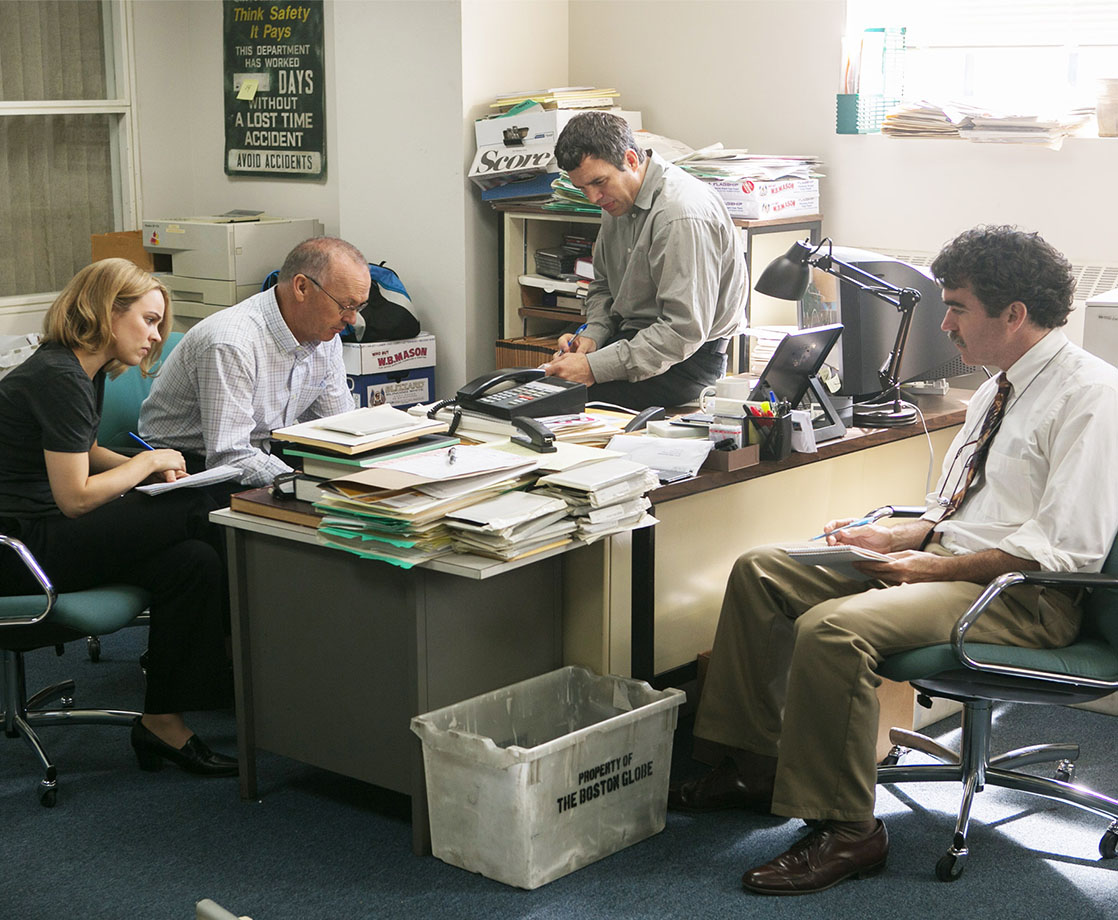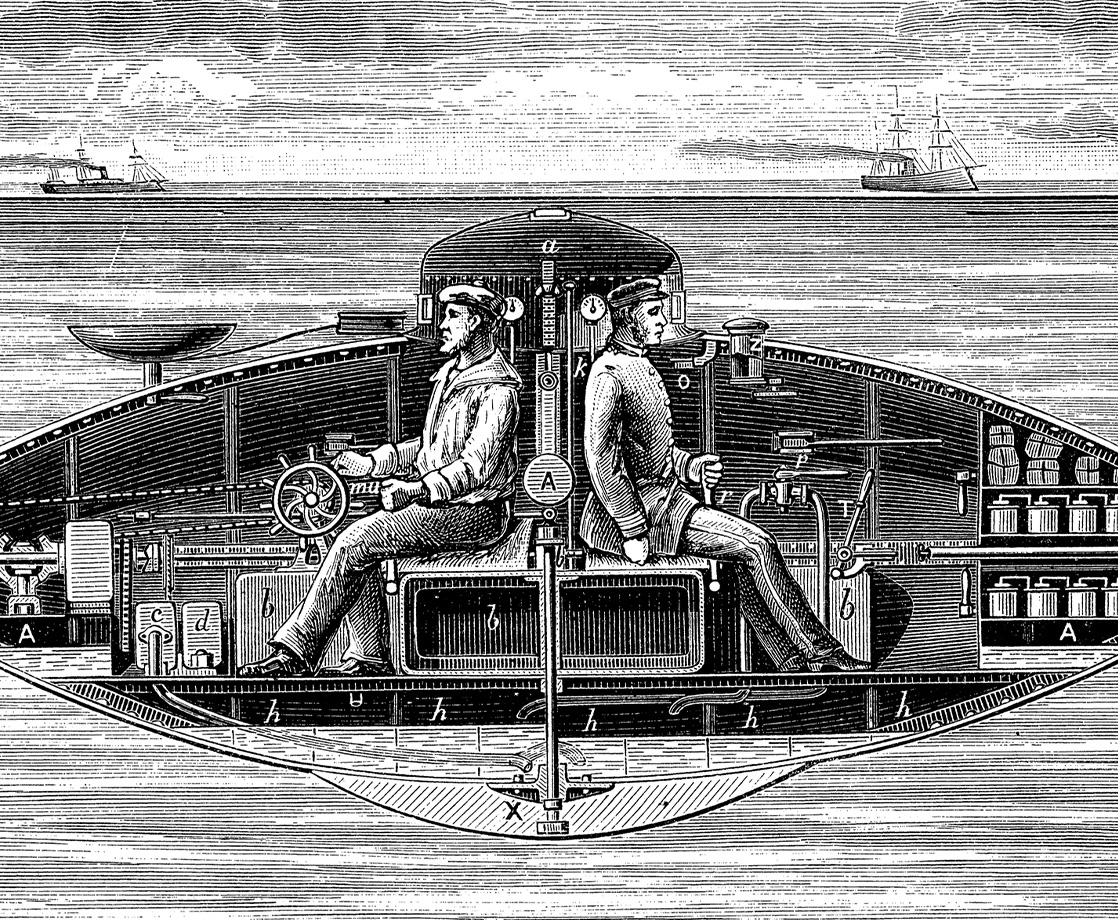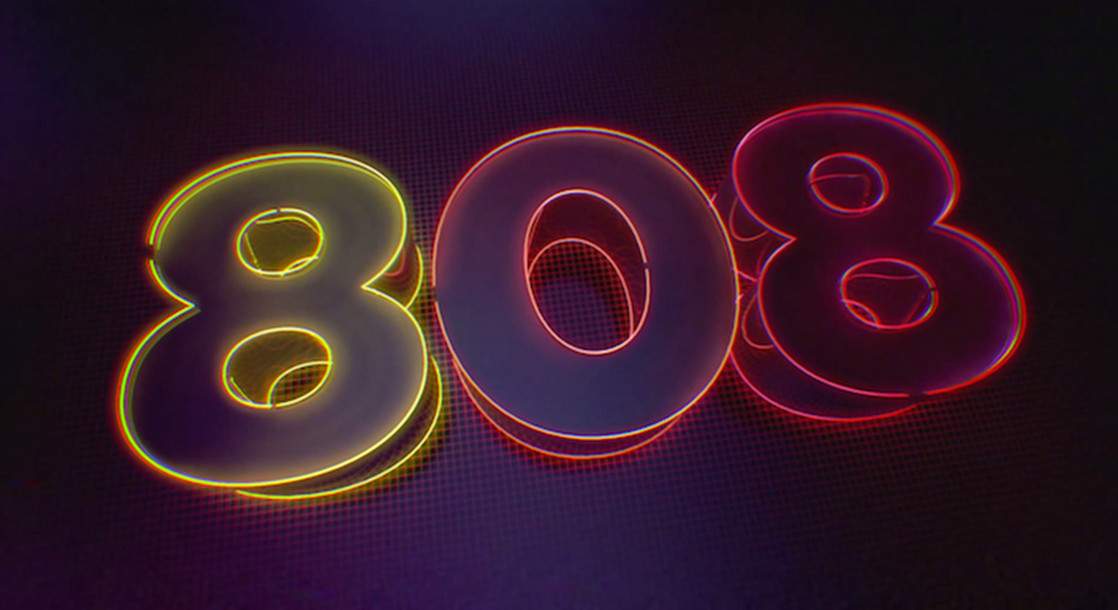The Academy Awards are this Sunday, and we’re hopeful the event will be a momentary respite from all things Trump. For a brief few hours, the public has the opportunity to be blissfully distracted from our terrifying political landscape and instead be entertained by things that should actually be entertaining (thought, to be fair, there have been cinema-worthy moments from the Oval Office thus far).
But hope as we may for one night to stop bickering about our current president, it’s unlikely the night will be entirely apolitical. For example, this year’s Oscars mark the first time people of color have been nominated in every acting category. While this is encouraging, there’s still a long way to go before Hollywood fixes its diversity problem, which means we should expect some fiery and passionate acceptance speeches. And if we’re being real, it’s a near-guarantee someone will use his or her moment in the spotlight to take down Trump at the podium a la Meryl Streep.
Even if the night appears to orbit around red carpets, expensive dresses, and the best movies of the year on the surface, there’s no way to fully separate politics from the occasion. And that makes sense because filmmaking and storytelling is political. For this week’s Netflix picks, I decided to look back at past Oscar winners that feel particularly relevant today in the age of Trump. From a movie that celebrates journalism at time before the term “fake news” was being thrown around, to some other classics with salient parallels, these are the films you should revisit before the most glamorous night in Hollywood becomes the most political night in Hollywood this weekend.
It was while re-watching the prehistoric adventure Quest for Fire, one of this week’s Netflix picks of past Oscar winners, that I was reminded that even though mankind has taken some giant leaps forward, deep down there’s still a part of us that’s barely taken that first step outside of the cave.
Warning: May Contain Spoilers
Spotlight (2015)
Starring: Mark Ruffalo, Michael Keaton, Rachel McAdams
Director: Tom McCarthy
Genre: Drama
Oscar Win: Best Picture; Best Original Screenplay
Summary: Boston Globe reporters gather evidence of massive, decades-long child molestation by Catholic priests. Based on true events.
With rampant claims of mainstream media being “fake news,” it’s sobering to take a moment to reflect upon a time not that long ago when America trusted established newspapers. Cyberspace has undoubtedly made it easier to trick people into believing “alternative facts,” and Trump’s repeated attacks on news stories he doesn’t agree with and the organizations that report them hasn’t helped matters. Neither does confirmation bias. All of which makes Spotlight a slightly more intriguing viewing experience than just a short, few years ago.
The Catholic Church’s widespread child sexual abuse, and subsequent cover-up, are some of the most vile and shocking crimes to ever be reported in modern US history, and proof of how powerful institutions can bury heinous acts that would go unchecked if not for the press.
What we see in Spotlight is the painstaking attention to detail and the inevitable obstacles the media runs into when opposing monolithic organizations of power. This tightly-knit film convincingly demonstrates the amount of hard work the press has to do in order to overcome such Goliaths, and Mark Ruffalo is particularly good at bringing that conflict to life through his role as a top notch reporter.
Now, of course, this is a movie—a recreation—and maybe not every single thing should be taken as gospel. That’s just common sense. And yes, in real life, news outlets are not always perfect. But what’s troublesome is how powerful organizations like the United States government no longer has to go through the trouble of suppressing unfavorable news. It can mask any wrongdoing by confusing the public with various made-up statistics and outright lies. It makes you wonder if something like the Catholic priest scandal happened today, would the public trust the journalists reporting the horrific story? Would the government? No matter your political views, the uncertainty is scarier than any Hollywood movie.

Inside Job (2010)
Narration: Matt Damon
Director: Charles Ferguson
Genre: Documentary, Crime
Oscar Win: Best Documentary
Summary: Examination of the 2008 financial crisis.
People with money have the advantage of being able to afford to concentrate on making even more loot while the average working man or woman has to hustle to keep food on the table. So when it’s finally time to relax, most of us just want to shut off our brain and catch a movie, not examine the factors that make us want to shut off our brains. As such, it’s likely that many Americans probably never saw Inside Job, a heavy documentary that examines how many bankers keep getting jobs in the White House even after they screwed up the global economy for everyone but themselves.
And though the doc isn’t as fun as, say, The Big Short, we owe it to ourselves to get educated about the way Wall Street works and takes advantage of the public, and Inside Job is a good jumping off point. Whenever it can, it simplifies monetary causes and effects, explains how complex our economy is, and highlights how bankers manipulate (and screw over) the rest of the country. As a bonus, you’re likely to get some satisfaction from watching the director confronting some suit-wearing sleazeballs during interviews. At a time when similar sleazeballs are entering our White House and joining our President’s coterie, Inside Job is a vital, sobering movie worth watching for those who hope history doesn’t repeat itself.

Sunset Boulevard (1950)
Starring: William Holden, Gloria Swanson, Erich von Stroheim
Director: Billy Wilder
Genre: Film Noir
Oscar Win: Best Screenplay; Best Art Direction (B&W); Best Score
Summary: A struggling screenwriter sees an opportunity to exploit a fading silent film star only to be caught up in her manipulative web.
As Paul Schrader once explained, film noir is not a genre, but a specific period of cinema history, roughly from 1941 to 1953, in which “Hollywood lighting grew darker, characters more corrupt, themes more fatalistic, and the tone more hopeless.” Influenced by 1920’s German expressionism and 1930’s American gangster pictures, many film noir movies were set in “the world of dark, slick city streets, crime, and corruption.” But, ultimately, it was the tone and mood of each picture, as well as their visual styles, that earned the classification.
Sunset Boulevard is classic noir and is considered one of the greatest films ever made. It contains classic noir elements: Narration by a flawed main character, mishandled moral dilemmas, and a story you know right off the bat won’t end happily.
What makes this gloomy and scandalous tale about a delusional narcissist and writer turned gigolo oddly entrancing is how it blurs the line between reality and fantasy, and the film is an early instance of Hollywood turning an unflattering eye towards itself. Studio head Louis B. Mayer was reportedly furious at Wilder for biting the hand that feeds him. But it was worth it. Swanson’s risky performance as the crazed Norma Desmond remains legendary.At a time when everything feels like a bastard mix of reality and fantasy, watching a movie like Sunset Boulevard feels more layered and rewarding than ever.

Quest for Fire (1981)
Starring: Everett McGill, Ron Perlman, Rae Dawn Chong
Director: Jean-Jacques Annaud
Genre: Adventure, Drama
Oscar Win: Best Makeup
Summary: After an attack by a rival tribe, cavemen must explore unfamiliar land in order to survive.
It’s 80,0000 years ago and life is fucked up. At any moment, you could be killed by a hostile stranger or a wild animal. You have to hunt for every meal or end up eating tree bark. And you need fire to heat up food and to keep warm, particularly during those nasty ice ages.
Welcome to the prehistoric world of Quest for Fire, where Neanderthals and Cro-Magnon attempt to survive in an unmerciful environment. This fascinating film captures your attention right away merely with grunts and exaggerated gestures. Actually, the entire film is spoken in a made-up language developed for the screen by Anthony Burgess, the author of A Clockwork Orange. For those who don’t like watching foreign films with subtitles, here’s the movie for you.
Some of the criticism leveled against the film were that it isn’t always scientifically accurate, but it’s worth watching Ron Perlman in his feature film debut, regardless. With his burly features and convincing acting chops, he is perfectly cast as the second-in-command of his tribe. Plus, Rae Dawn Chong is unforgettable as the wandering free spirit whose own tribe is more evolved.
While survival is at the forefront of the film, it’s the moments when our protagonists learn about how the world works that feel profound and really stick with you. Despite taking place nearly a hundred millennia ago, that same experience of being woken up to the harsh realities of existence feel just as omnipresent today. Whether it’s the realization that money controls all, or that the government can spy on your every keystroke, it’s just as easy to get slapped by reality today. We may have a better understanding of how fire works now, but there’s a lot to empathize with these Neanderthals.











